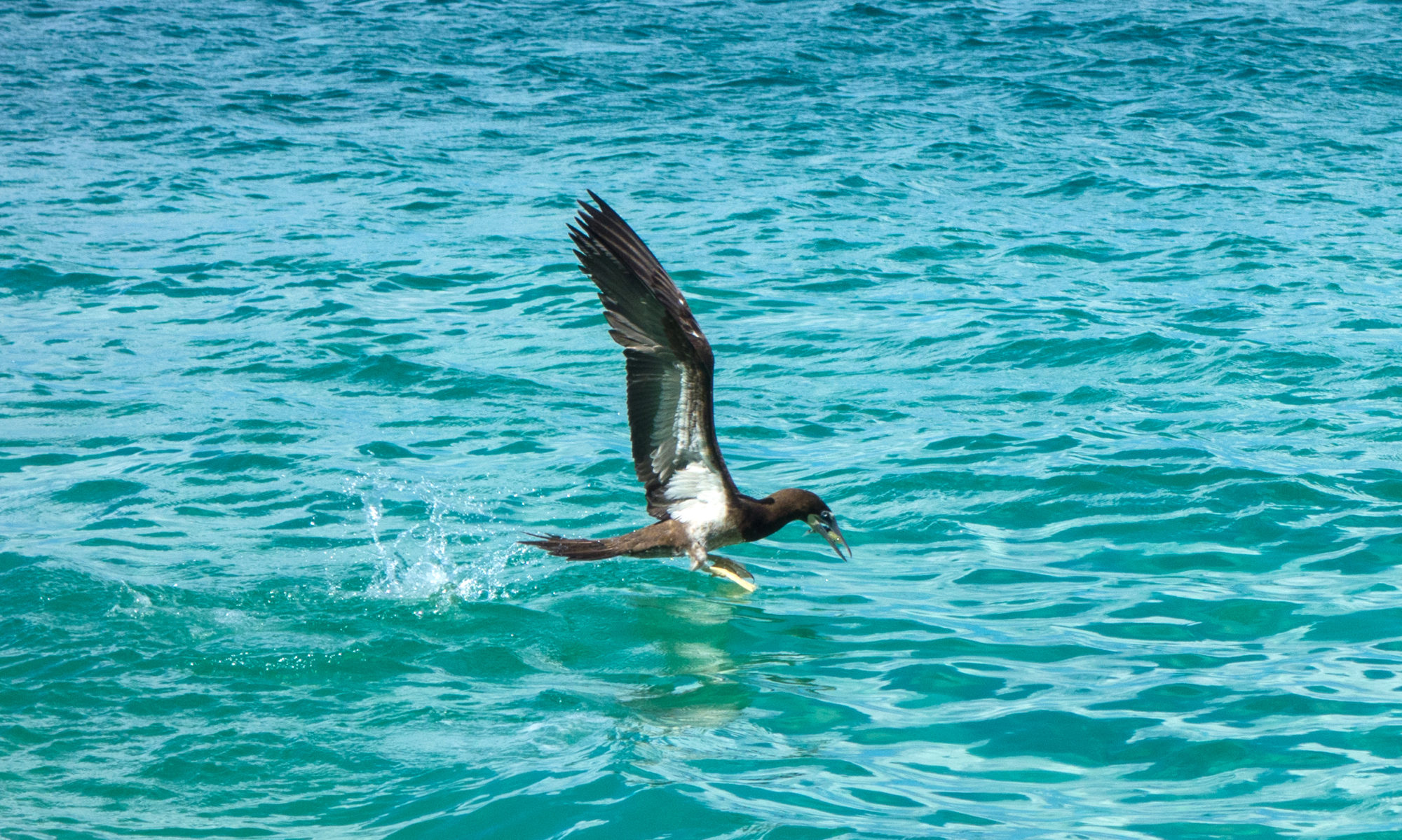When Mac and I opened the Pizzeria in 1979 there were very few telephones on Bequia, people communicated primarily via word of mouth or by VHF radio. These ship-to-shore radios became extremely handy for many of the island’s land-based businesses and, as tourism picked up, their popularity grew in leaps and bounds. Mac’s had a battery-powered fixed base VHF radio in the kitchen well before a telephone was considered – the radio was all we needed in those early days on Bequia.

VHF (Very High Frequency) radios allowed us to communicate with the yachts anchored in Admiralty Bay. The boats usually monitored channel 16, the international distress, safety and calling frequency, and, because it wasn’t supposed to be used for “chit-chat”, another channel would be selected for private conversations between two parties. VHF radios aren’t allowed to be used for non-marine purposes in many countries, but St. Vincent and the Grenadines seemed to be exempt from this restriction; VHFs were used by most water and land taxis, restaurants and hotels on the island – the radios were the common means of communication for many. Bequia businesses stood by on channel 68, and the same method of changing frequencies for private chats was usually applied, unless of course the parties communicating with each other forgot to switch channels. On these occasions the VHFs became instruments of some pretty fine entertainment; juicy gossip not meant for the entire island to be a part of (unless, of course, it was being shared on purpose!) would flow over the air waves, giving all listeners access to commess that could and WOULD be further elaborated on throughout the week! There was also nothing to stop people from listening in on a conversation even when parties DID switch channels, so the radios, although handy, were not a terribly private means of communication.

Mac and I had portable VHF radios referred to as “hand-helds”. These radios allowed us to remain in contact with each other as well as the Pizzeria, and for quite some time we carried the somewhat bulky devices everywhere. People walking about with hand-helds was a common sight on the island, some of the smarter land-based tourists even packed them for use during their stay on Bequia in order to call taxis and make dinner reservations. I used mine frequently in order to communicate with the Wind Star ships, the radio was an essential tool for any port agent and I would have been lost without it. The only drawback to the hand-helds was their charge; if there was a power outage and the units couldn’t be charged they became useless, but as that rarely occurred it wasn’t much of an issue, plus the fixed base radio at Mac’s ran off a battery and therefore worked without electricity.

Times changed, and the introduction of cell phones gradually replaced the use of VHF radios throughout the island. The advances in modern technology happened so fast it almost made my head spin, we seemed to go from hardly any means of communication at ALL to an explosion of modern devices in just a couple of short decades! We now have Google at our fingertips, along with Skype, Whatsapp and much, much more. We religiously charge laptop computers, tablets and e-readers along with our cell phones, but we no longer charge our old hand-held VHF radios.


I worry about small fishing boats heading out to sea without at least one hand-held VHF on board, trusting that a phone signal will be available in case of an emergency isn’t safe. My BIGGER worry, however, is more land-based; in these modern times of “advanced technology”, when the power goes out ALL means of communication go with it, leaving us with no means of contacting the outside world. No landline, no cell phone, no internet – nothing. What should we do in an emergency? Call a yachtie on a VHF radio? No-one else has them anymore, so I hope the yachties are able to help!


I may sound old-fashioned, but this arrangement doesn’t sound very “advanced”, not at all!



